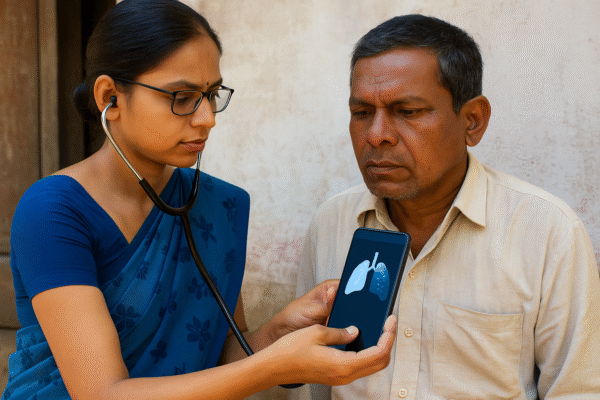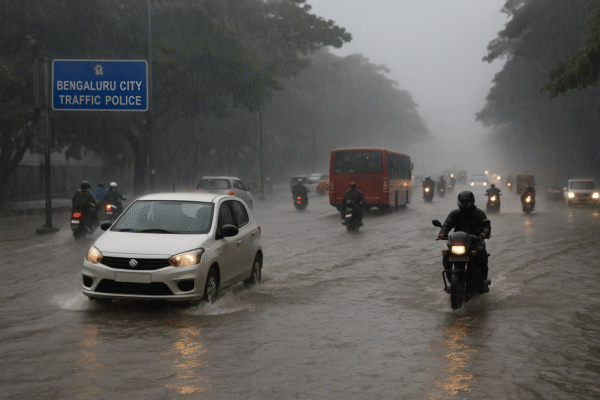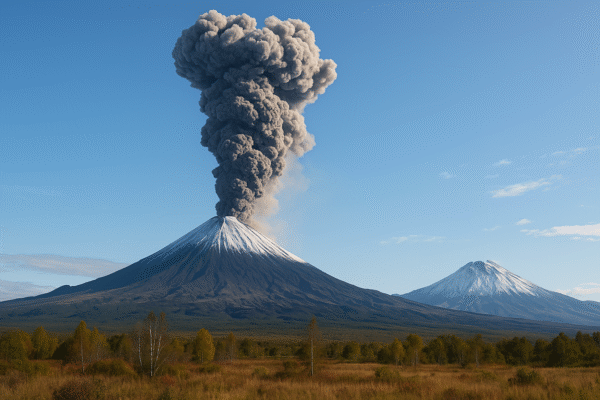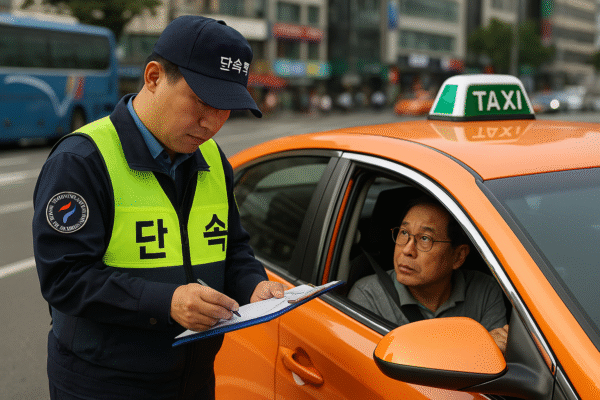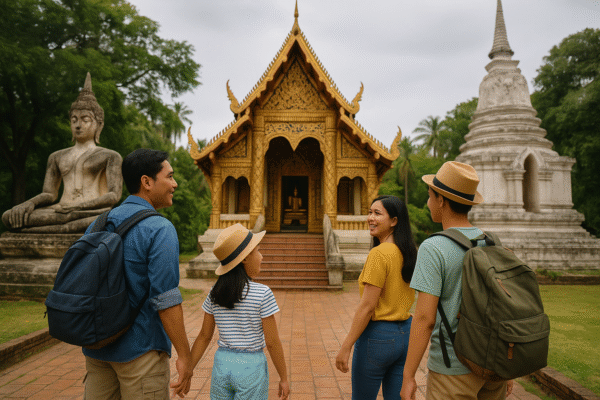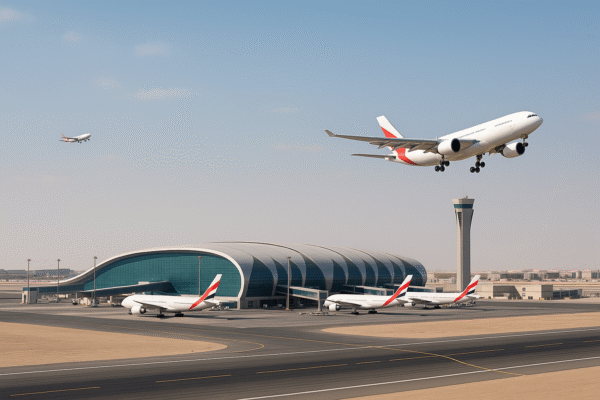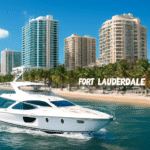The United States government has issued a Level 2 travel advisory for South Africa, advising its citizens to exercise increased caution due to rising concerns over violent crime, terrorism, civil unrest, and the potential threat of kidnapping. This latest advisory, released on May 27, 2025, has raised alarm among South African officials and international observers, suggesting a deeper diplomatic rift between the two nations, especially after President Cyril Ramaphosa’s recent meeting with former President Donald Trump in Washington.
The travel advisory, which underscores the risks of traveling to South Africa, comes at a time when political discussions, including the controversial subject of a white genocide in South Africa, have taken center stage. Ramaphosa’s diplomatic visit to Washington, where he and his delegation attempted to persuade Trump to reconsider certain remarks, is believed to have played a role in the heightened scrutiny of the country.
Details of the US Travel Advisory: Crime and Security Concerns
The US Department of State’s Level 2 advisory warns American citizens about the elevated dangers of violent crime, particularly in urban areas after dark. The advisory details various forms of violent crime common in South Africa, including:
- Robbery
- Rape
- Carjackings
- Muggings
In addition to these threats, the advisory highlights the prevalence of “smash-and-grab” attacks on vehicles, a common issue in downtown areas of large cities. Kidnapping is also noted as a significant concern, with foreigners, especially American citizens, targeted for extortion. Captors may demand money from victims through forced withdrawals or online account access. Though these kidnappings are rare, some involve family members being contacted for ransom.
Terrorism is another concern raised by the US Department of State, urging all US Mission staff to travel in armoured vehicles due to the threat of terrorist violence. These warnings are reflective of the complex security landscape in South Africa, where the tourism industry has seen challenges due to both crime and occasional political unrest.
Diplomatic Strain and Underlying Issues
The revised travel advisory has sparked concerns about the growing diplomatic tensions between the US and South Africa. According to Dr. Noluthando Phungula, an international relations expert, the US’s decision to issue such a stark warning to its citizens reflects a larger geopolitical issue.
Phungula points out that South Africa’s increasing involvement in global politics, particularly with initiatives like BRICS expansion and its perceived alignment with Russia, might be contributing to Washington’s stance against Pretoria. South Africa’s support for the Palestinian cause and its handling of the Israel-Palestine conflict further complicate its relationship with the United States. These larger international disputes may be influencing the US government’s decision to highlight South Africa’s security challenges in its advisory.
Phungula adds, “While crime remains a significant issue in South Africa, it is unfair to place all the blame on the country’s security situation. The US is capitalizing on these issues to portray South Africa as a no-go zone, which is far from the reality of the situation.”
The Reality of Crime in South Africa
South Africa’s crime rate has been a longstanding challenge, deeply intertwined with historical inequalities and socio-economic disparities. However, the rise in criminal activity is also reflective of broader global challenges, including unemployment, poverty, and urbanization. Despite the widespread media portrayal of South Africa as a high-risk destination, the country continues to attract millions of international visitors each year, particularly for its wildlife, national parks, cultural heritage, and stunning landscapes.
Local tourism stakeholders argue that the US advisory may exaggerate the risks for travelers and undermine the country’s positive tourism momentum. South Africa remains one of the most sought-after travel destinations in Africa, with attractions like Cape Town, Kruger National Park, and the Garden Route drawing visitors from around the world. The country’s efforts to develop sustainable tourism and eco-tourism have also contributed to an increase in global interest.
South Africa’s Response to the US Advisory
Following the release of the travel advisory, the South African government reiterated its commitment to addressing crime and ensuring the safety of both locals and tourists. South African officials emphasized the country’s efforts to implement stronger security measures and improve policing in high-risk areas.
Furthermore, the government is working closely with international tourism organizations to reassure potential visitors about the ongoing improvements in safety standards and the benefits of exploring South Africa’s diverse landscapes and rich cultural heritage. Tourism Minister Mmamoloko Kubayi-Ngubane called on travelers to focus on the positive experiences South Africa has to offer while acknowledging the ongoing need to tackle security issues effectively.
“We welcome visitors from around the world and are committed to creating a safe, vibrant environment where tourists can enjoy everything our country has to offer,” said Kubayi-Ngubane.
Conclusion: The Future of US-South Africa Tourism Ties
The US travel advisory for South Africa has ignited a heated debate about the role of political tensions in shaping tourism perceptions. While the rise in crime is a significant concern, it is important to recognize that South Africa offers much more than just the challenges it faces. The country’s efforts to provide safe and meaningful travel experiences for tourists continue to make it a popular destination despite the ongoing issues.
As the world becomes more interconnected, the role of diplomatic relations and security concerns in influencing tourism trends will only grow. South Africa, with its diverse offerings and rich cultural history, remains committed to enhancing the visitor experience while addressing the socio-economic issues that contribute to the country’s crime rate.
In the coming years, the future of US-South Africa tourism ties will depend on the country’s ability to balance its growth with the continued need for sustainable development and security measures, as well as overcoming external political challenges that may cloud its tourism reputation.
For more travel news like this, keep reading Global Travel Wire


